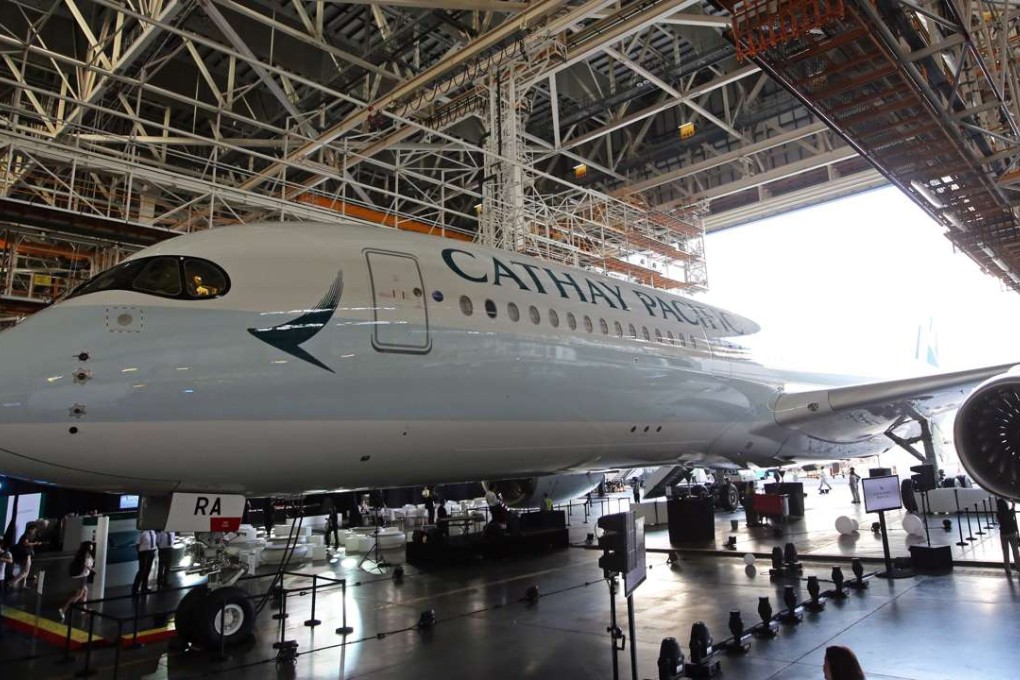Hong Kong’s Cathay Pacific seeks 80pc emissions reductions on some long flights with big switch to biofuels
Airline among world’s first to adopt fuels made largely from landfill rubbish

Cathay Pacific Airways has pledged an 80 per cent cut in the amount of climate-changing gases some of its longest flights pump into the Earth’s atmosphere, by betting big on biofuels.
The Hong Kong carrier will be one of the first airlines in the world to switch to cleaner jet fuels on an industrial scale.
The city is slowly strengthening its push to lessen its contribution to climate change, and the government aims to cut annual carbon emissions per person almost in half by 2030.
The aviation sector had avoided regulation until last year, when its governing body, the International Civil Aviation Organisation, agreed a global deal to curb emissions growth by the end of the decade.
Cathay Pacific planes will use fuel made from landfill rubbish. Many of its flights from the United States, where the fuel is being produced, will be able to fly to Hong Kong using a half-half mix of biofuel and conventional fuel by 2019. It is on these trans-Pacific flights that the company expects the 80 per cent emissions reductions.